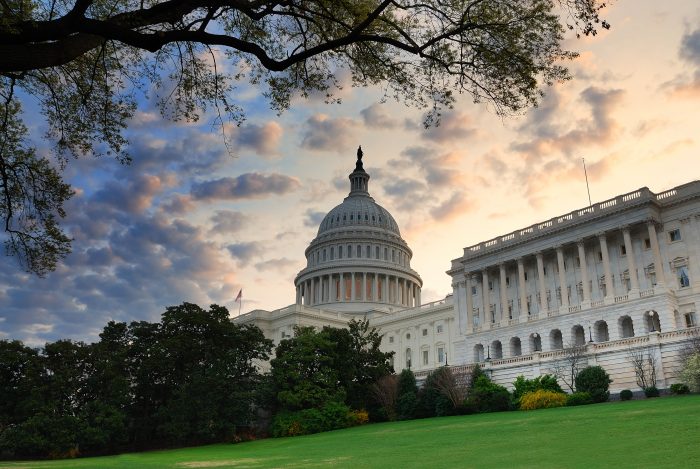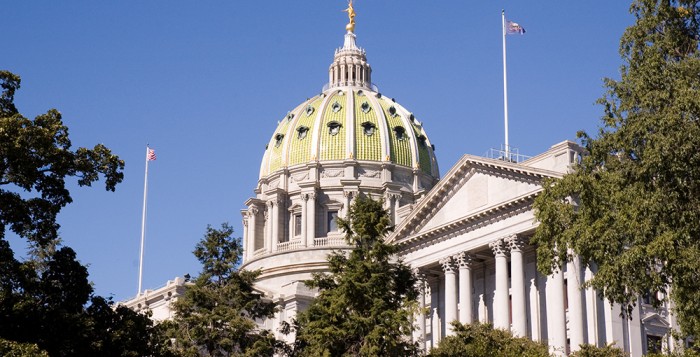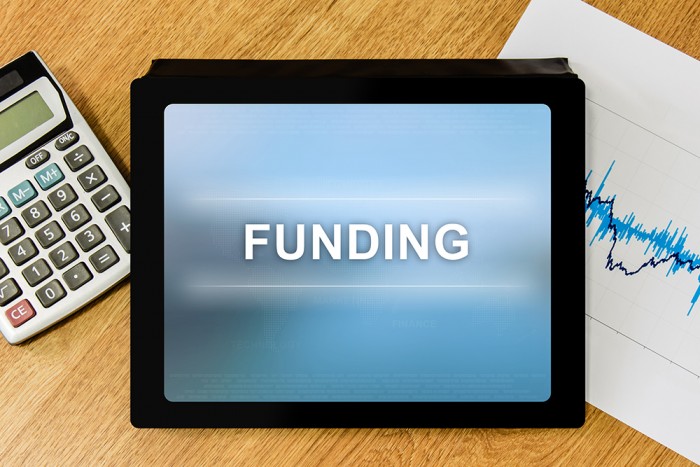Funding
New CDC Funding Will Expand Knowledge About Children With Autism Spectrum Disorder
CDC has launched a new four-year phase of funding for the Autism and Developmental Disabilities Monitoring (ADDM) Network, the only collaborative network to track the number and characteristics of children with autism spectrum disorder (ASD) and other developmental disabilities in multiple communities throughout the United States. Over the next four years, CDC will invest more than $20 million to continue tracking at nine sites previously included in the ADDM Network, while also launching activities at one new site.
All 10 sites will track ASD among 4-year-old and 8-year-old children. Four of the sites will also track transition planning and co-occurring conditions among 16-year-old children with ASD. In addition to the 10 funded sites, our CDC-managed site in Georgia, the Metropolitan Developmental Disabilities Surveillance Program (MADDSP), will also conduct ASD surveillance activities among 4-, 8-, and 16-year-old children.
Capitolwire: Action on Mental Health Funding Uncertain With House Control Up for Grabs
DDAP Awards Nearly $19 Million to Assist Practitioners With Student Loan Repayment
The Pennsylvania Department of Drug and Alcohol Programs (DDAP) joined RCPA-member University of Pittsburgh Medical Center (UPMC) to announce that DDAP is awarding nearly $19 million in grant funding through its substance use disorder (SUD) loan repayment program. This program is aimed at aiding SUD treatment and case management professionals with repaying their outstanding qualifying educational loans.
More than 280 SUD practitioners, including case managers, counselors, licensed social workers, physician assistants, and registered nurses, were awarded the funding to go toward repaying their student loans. Of the total grant recipients, six are current UPMC employees, each receiving grants of up to $100,000 per person.
“We are thrilled that the administration is investing into helping and boosting the behavioral health care workforce,” said Noreen Fredrick, vice president of ambulatory and community behavioral health services for UPMC Western Behavioral Health and RCPA’s Chairperson-Elect. “Behavioral health workers have been at the forefront of addressing substance use disorders and saving lives. There are many ways in which UPMC is advocating for our employees, and programs like this will certainly help ease the heavy loan burden many clinicians obtain to do this important work.”
High rates of turnover and shortages of health care professionals have placed increased pressure on employee recruitment and retention, as well as access to care for Pennsylvania residents seeking SUD treatment and supports. Through this SUD loan repayment program, DDAP will provide loan repayment opportunities as an incentive to retain SUD practitioners willing to continue providing services within the commonwealth.
Candidates who were selected were required to demonstrate a minimum of two prior years of experience in the SUD field as well as agree to a service commitment of two additional years.
This funding opportunity is made possible from the Opioid Settlement Fund (McKinsey) and Pennsylvania’s Medical Marijuana Program Fund.
“The Wolf Administration remains committed to strengthening the drug and alcohol treatment and case management system across Pennsylvania and this loan repayment program is just one more example of that commitment,” said Secretary Jen Smith. “Easing the burden of student debt is paramount to helping incentivize SUD professionals to remain in this field, which in turn will benefit some of our loved ones, friends and neighbors who need SUD services most.”
Behavioral Health Commission Funding Further Delayed
Editorial: The Beginning of the Shapiro Era in Pennsylvania
RFA Released for Long-Term Care Quality Investment Pilot
The Pennsylvania Department of Health (DOH) has released a Request for Applications (RFA) for the Long-Term Care Quality Investment Pilot, which will distribute approximately $11.7 million in federal funds to long-term care facilities, including skilled nursing facilities (SNFs), personal care homes (PCHs), assisted living facilities (ALFs), and intermediate care facilities (ICFs) for the purpose of building resilience. These funds are designed to be invested in key areas such as workforce development and retention, infection prevention control, emergency preparedness, and improvements to facility infrastructure.
Please note the following:
- Facilities must be enrolled in the LTC RISE program’s quality improvement projects in order to be considered eligible for funding.
- Facilities in Philadelphia are not eligible for this funding.
DOH encourages facilities to apply for this opportunity. The application deadline is 1:30 pm on December 31, 2022. Additional details and information can be found by here.
Questions about this funding opportunity should be addressed by submitting questions through the formal procurement process, which is detailed in the RFA.
Behavioral Health Clinic Awarded Another $4M Grant: RCPA Member WellSpan Philhaven Featured















